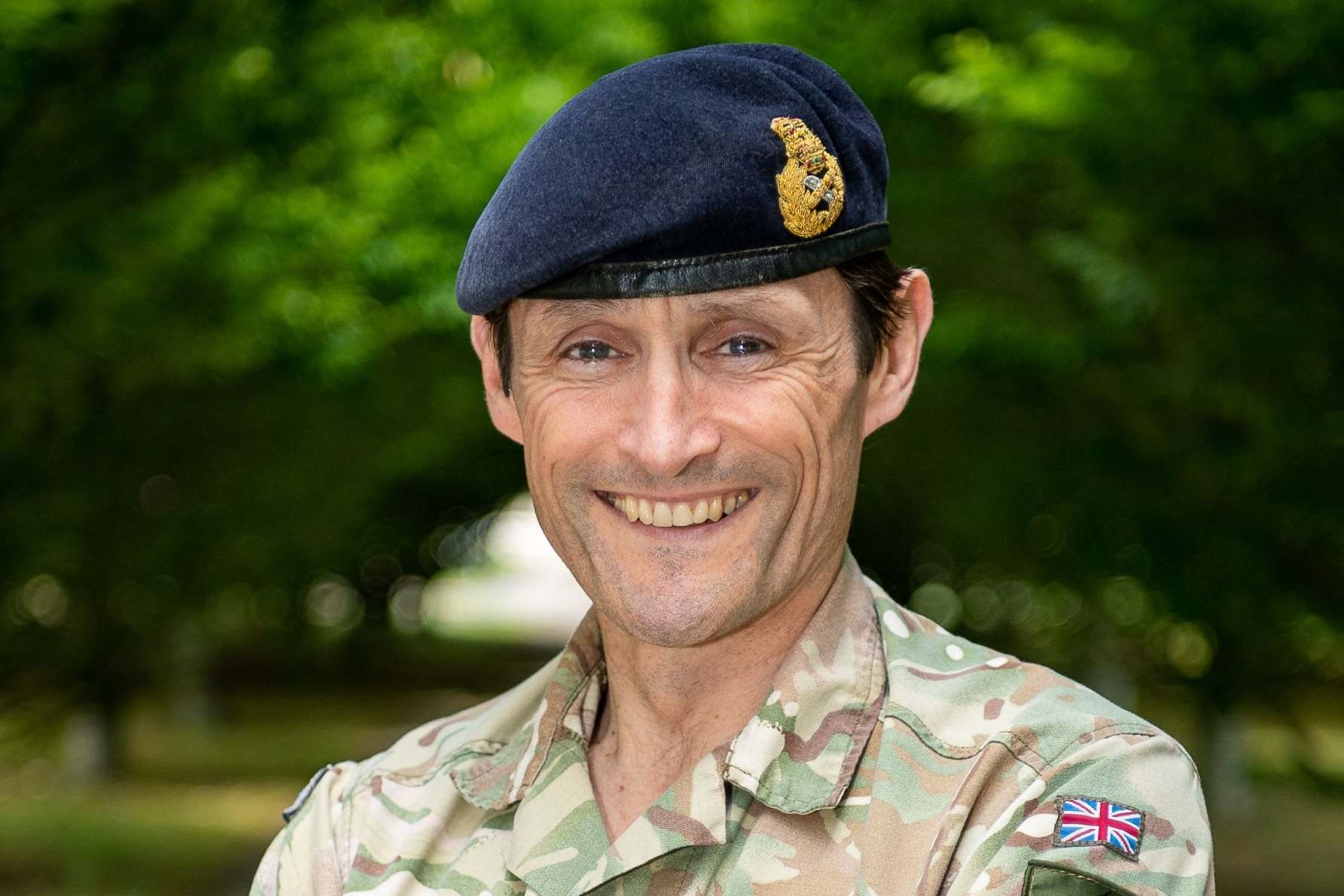Army to form new hybrid-warfare division
Division will focus on intelligence gathering, cyber, counter-propaganda and electronic warfare

An army division specialising in hybrid warfare is being formed under a radical new plan to provide the British military with a cutting edge for 21st century conflicts.
The UK’s first ever hybrid division will focus on intelligence gathering, cyber, counter-propaganda and electronic warfare to meet the needs in an arena where both hostile states and insurgent groups, such as Isis, have been engaged in highly damaging asymmetric campaigns often with the use of social media.
The 6th Division, comprised of troops from a number of regiments, has been set up as part of a “rebalancing” of the UK’s field army. Two other divisions will provide different strategic options; the 3rd providing the war fighting arm and the 1st training soldiers of states abroad and dealing with natural disasters and other humanitarian crises.
Lieutenant General Ivan Jones, commander field army, who has served in the SAS and Defence Intelligence, said: “The character of warfare continues to change as the boundaries between conventional and unconventional warfare become increasingly blurred.
“The army must remain adaptable and evolve as a fighting force.
“The three complementary British army divisions harness the wide range of British army capabilities, providing choice to the government in defence of the UK’s interests ... The speed of change is moving at a remarkable rate and it will only get faster and more complex.”

Members of the 6th Division will be deployed abroad if necessary, at times as part of a counter-insurgency mission.
Members of the SAS and SBS will not be in its ranks, but, according to a senior military official “some of the attributes, culture, [and] techniques used by the SF [special forces] could be useful” because of the type of missions members of the 6th may become involved in.
Asked whether the division would have offensive as well as defensive cyber capabilities, the official said: “It’s the whole panoply, so offensive and defensive, with the capability to deliver that the same way as our conventional capability. We will, of course, be bound by international law and in terms of how it’s applied there are other bodies like the National Cyber Centre working on the same priorities.”
Cyberattacks carried out by the UK and other western states in Iraq against Isis proved to be highly effective and tactics learnt in the operation may be used elsewhere in the future. But British officers also want to stress the effectiveness of the Islamists’ electronic armoury in a range of actions from disseminating violent images to recruitment drives and spreading the message of jihad.
The UK carried out a major cyberattack against Isis in 2017, disrupting its communications infrastructure for months, according to the director of GCHQ. Jeremy Fleming said his agency worked with the Ministry of Defence to make “a significant contribution to coalition efforts” against the Islamists which made it “almost impossible” for the group to spread its propaganda.
“This is the first time the UK has systematically and persistently degraded an adversary’s online efforts as part of a wider military campaign,” Mr Fleming told a cybersecurity conference in Manchester in April.
“Did it work? I think it did.”
At the same time there has been a leap in aggressive action against the west from states, especially Russia, on a number of fronts. There have been cyberattacks on infrastructure, attempts to influence elections and referendums in the US and Europe, and the Kremlin has been accused of playing a part in the attempted coup in Montenegro.
As well as learning skills such as cyber, members of the 6th Division will be encouraged to study different cultures and take up languages, with some expected to work in small teams on the ground with irregular allied forces.
The Ministry of Defence said the changes being enacted “ensure that it can compete with and defeat adversaries both above and below the threshold of conventional conflict... The changes will be integrated within broader defence, national and alliance efforts and enable the field army to operate and fight more effectively above and below the threshold of conflict.
“The field army rebalancing is part of the army’s response to the emerging defence thinking and will create a field army of integrated, interdependent and complementary formations from 1 August 2019.”
Join our commenting forum
Join thought-provoking conversations, follow other Independent readers and see their replies
Comments
Bookmark popover
Removed from bookmarks